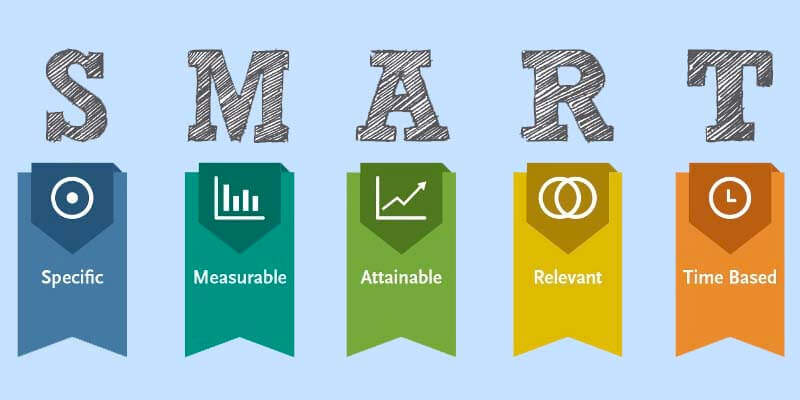
- In the 21st century, time management has become one of the basic skills that every person who wants to succeed should have. I realized this when I was working at this company. We used Jira software. Jira Software is designed to enable every member of your development team to plan, track and produce excellent software. We have increased our workload from the previous year because of Jira.
Why do you need time management?

There are many reasons why a person might be interested in time management. MYFIN managers helped me to understand that properly. Even a simple to-do list for the day is made by one person out of ten.
Here are the problems that time management can help you to solve:
- There are many things you want to do. There are many skills you want to get. But for some reason, you don’t manage to do it. In this case, not being able to manage your time is not always the main reason.
- Constantly missing deadlines for projects. Consistently fails to meet project deadlines
- You have a huge reading list, but not enough energy to read it all. A person can blame it on external factors or his or her body. Although that’s not the case at all.
- You are so tired and have been busy all day, but you haven’t essentially done anything. The reason is that you do not know how to prioritize. And this is the foundation of time management.
- You have a terrible job, and you decided to work all day and learn new skills in the evening, write a book, do some programming to change your field of work. But guess what? You have no desire or energy in the evening.
Specifics of our body

The fact is that we creatures are quite weak if we don’t develop ourselves. By the end of the day, our energy level drops. We lose interest in the morning and everything becomes boring and heavy. We all have 24 hours in a day, but different energy levels. We definitely want to finish all the items on our to-do list, but a lot of that depends on energy levels, rather than time.
Energy functions within a cycle of spending and renewing. Some people start spending so much energy in the morning that there is no more energy left in the afternoon. They have to live through the end of the day on autopilot. Others refill their energy every few hours. Plus, they spend it more wisely.
How to replenish our energy?

We don’t have to work at high speeds, continuously, for long periods of time. Science tells us that we are productive when we rhythmically balance our energy consumption and renewal. This is a reality that companies must embrace in order to stimulate sustained interaction and high productivity.
Here’s what really makes me feel better and stronger:

Do exercise
The body continues to stay relaxed after sleep for a while longer. You can do a little exercise and then wash your face with cold water or take a contrast shower to wake up faster.
Plan your day
This allows you to concentrate on the important tasks and avoid those that waste your time by consuming your energy.
Eat Well
Eat and drink regularly and don’t skip meals. In the case of overeating, your body will spend energy to cope with the digestion of incoming food and you will not be able to work properly.
Practice “cat nap”
The “cat nap” is a 15-minute nap after lunch. During this time the brain has time to “reboot” and rest. And working more productively. Of course, not everyone has such an opportunity.
Be in the fresh air
In the warmth, the processes in our bodies slow down so that we feel less awake and often we can not quickly get the speed needed to work, if necessary. So do not spend your entire lunch break in the dining room or cafe. It is better to take a walk in the street. You can also come up to an open window during work and stay near it for a couple of minutes – oxygen will not hurt the brain.
Move more often.
Make a habit of warming up every hour of work. Get up from your chair and walk around the office. Also prefer the stairs to the elevator.
Watch your posture
Improper posture at your desk affects your ability to concentrate.
Start the day by solving a difficult task
Use your unexhausted energy reserves to tackle important tasks first. Once the brain gets used to the load, everything else will seem easier.
Finish what you start
This will serve as a great impetus and motivation for further achievements.
Techniques for improving time-management skills
We have smoothly approached the most interesting part of my article. After all, everyone who reads this has at least once thought about improving their time-management skills.
Setting the Challenge: The S.M.A.R.T. Technique

This technique was first described by the American personal development coach Paul J. Meyer in his book “How to Succeed” (Personal Success Planner). The technique is designed for setting goals and clear formulation of objectives – important steps for increasing productivity and project management.
S.M.A.R.T. :
S – Specific,
M – Measurable,
A – Achievable,
R – Relevant,
T – Time.
In the opinion of the developer of the technique, these are the conditions that must be met by the task that a person has to perform.
Franklin Pyramid

The technique is named after the American politician Benjamin Franklin. He used it to create a plan for his own life. This planning method helps to coordinate short-term and long-term plans with each other. So that every action you take today contributes to tomorrow or years from now.
I used this technique extensively in university when I didn’t have enough time to develop my own skills beyond my studies. It helped me a lot.
Prioritizing: The Eisenhower Matrix

Sometimes you work all day, you have time to do a lot of things. And as a result – only fatigue and no satisfaction. Because it is not clear how all this work has brought you closer to your goal.
In time management, this is called the problem of goal-setting. Its consequences can be most devastating. Life turns into a marathon with rare breaks and unknown results.
This technique helps you quickly sort your to-do list, even if there are many. On the surface it looks very simple – look at the list of tasks and answer two questions.
Is it important?
Yes/No.
Is it urgent?
Yes/No
We take a sheet of paper and divide it into four parts. We get four squares, in which we enter the answers to these two questions.
Quadrant A: important and urgent matters
Quadrant B: important but not urgent matters
Quadrant C: urgent but not important matters
Quadrant D: Not urgent or important matters
There are many different methods and techniques in time management that don’t really fit together. And this is not a disadvantage because people are different. What is great for one, will not work for another. So you will have to try different techniques, choosing the right one.
Conclusion

I hope I’ve shed some light on a topic like Tand the techniques that are used. I wish everyone less procrastination and more time to achieve their own goals!











